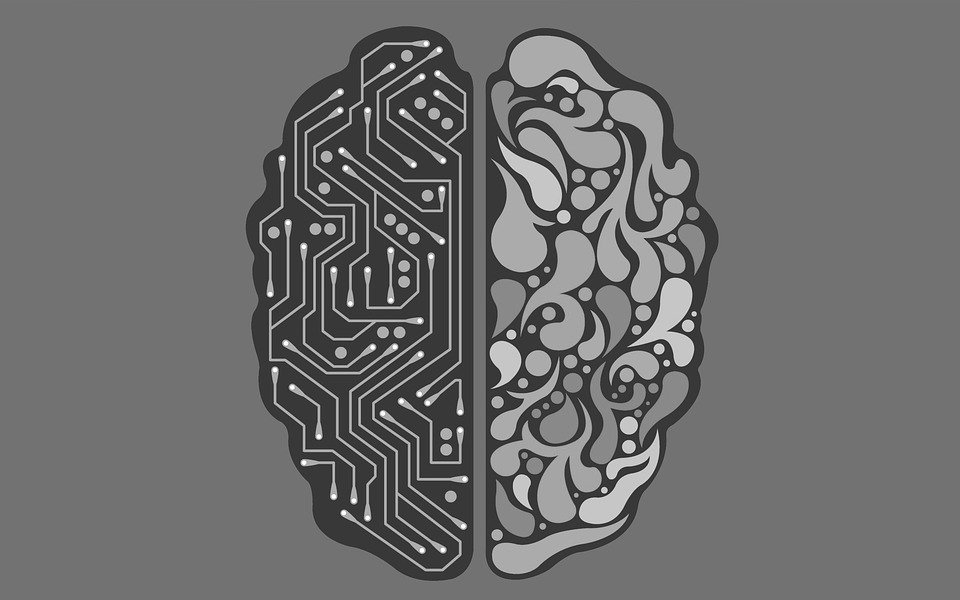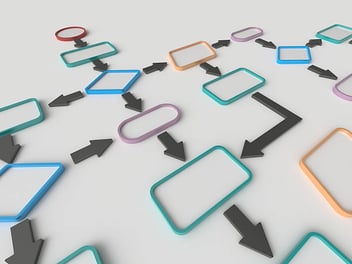AI has the potential to revolutionize construction in many ways, from improving safety to optimizing project timelines. However, there are also potential pitfalls to be aware of when deploying AI in construction.
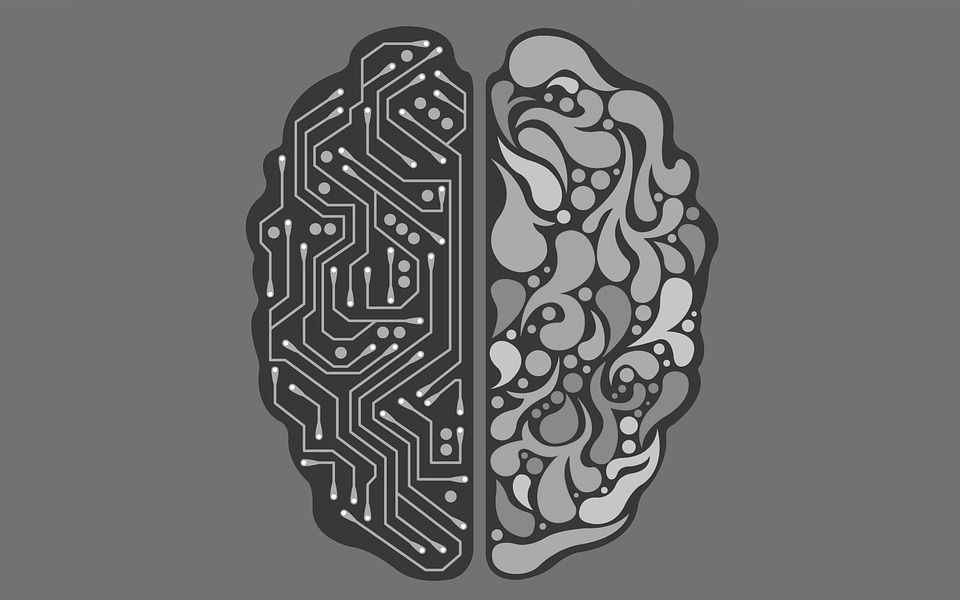
Opportunities
One of the most significant ways in which AI can change the construction industry is by improving the planning and design process. AI can analyze large amounts of data to provide insights on the most efficient building materials and design options, taking into account factors such as energy consumption, sustainability, and cost. This can result in smarter, more sustainable buildings that are built faster and at a lower cost.
Another area where AI can have a significant impact is in predictive maintenance. By analyzing sensor data from equipment, machines, and buildings, AI can predict when maintenance is needed before a breakdown occurs. This can help construction companies save time and money by avoiding unexpected downtime and costly repairs.
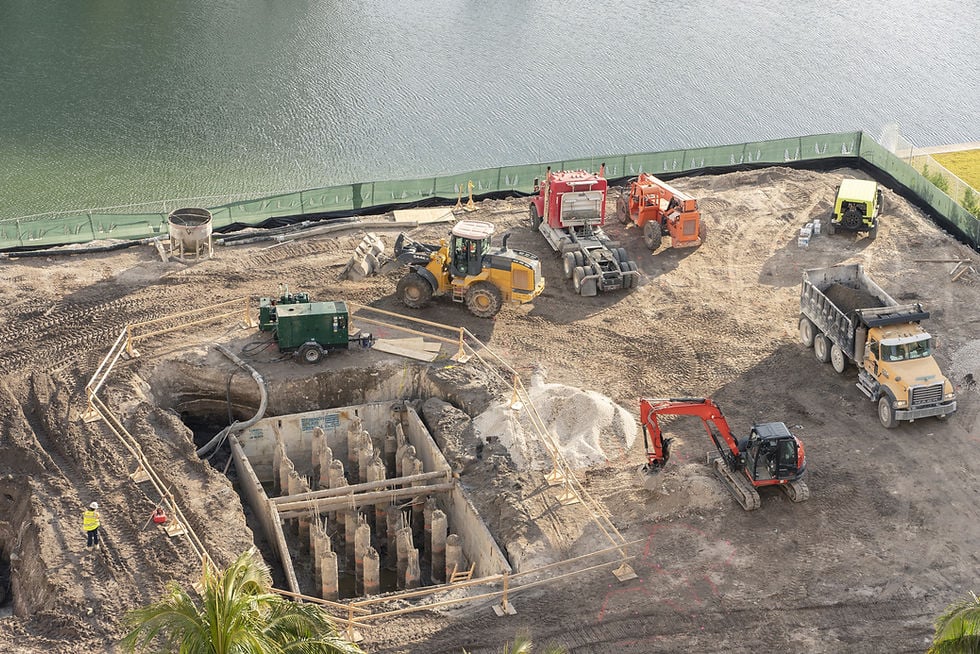
AI can also play a crucial role in ensuring the quality of construction projects. By using computer vision and machine learning algorithms, AI can quickly detect defects in construction materials and identify potential safety hazards. This can help prevent accidents and ensure that projects are completed to the highest standards.

Safety is a top priority in the construction industry, and AI can help improve safety by monitoring worksites for potential hazards. AI-powered cameras and sensors can detect unsafe conditions and alert workers in real-time, helping to prevent accidents before they occur. Wearable devices equipped with AI can also monitor worker behaviour and alert supervisors when unsafe practices are detected.
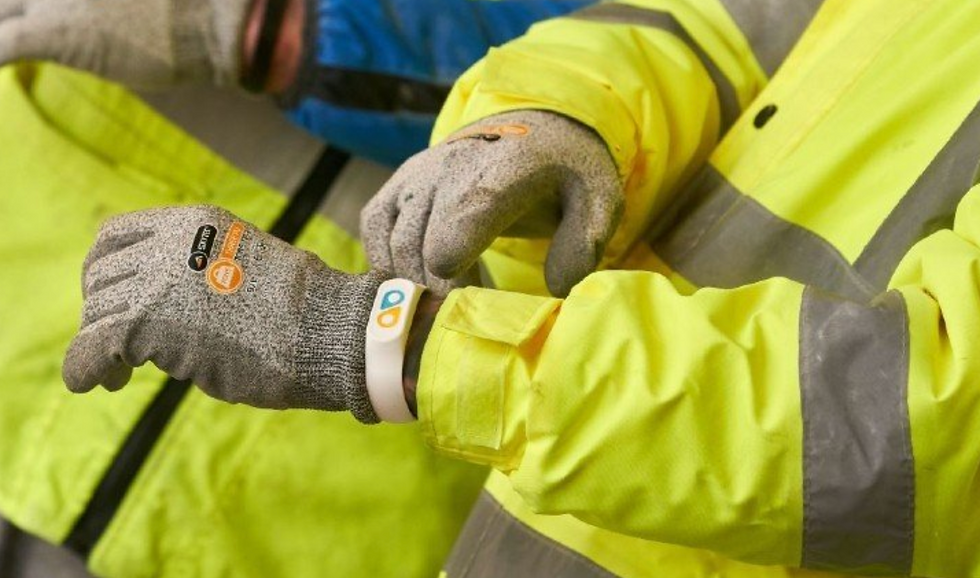
AI can also help optimize project timelines by identifying inefficiencies and predicting potential delays. By analyzing historical data, AI can provide accurate forecasts for future projects, allowing construction firms to make better-informed decisions about scheduling, resource allocation, and budgeting. The ability to predict delays and make proactive adjustments can save time and money, and ensure that projects are completed on time.
Finally, AI has the potential to revolutionize the use of construction equipment. Autonomous equipment, such as drones and robots, can be used to perform tasks that are dangerous or difficult for humans, such as inspecting bridges and tunnels or laying bricks. This can help improve safety, reduce costs, and speed up the construction process.
Challenges
While there are many opportunities, there are also a number of potential pitfalls to be aware of when deploying AI in construction.
One major concern is the possibility of bias in AI algorithms. For example, if historical data used to train the AI is biased in some way (such as a lack of diversity in the workforce), the resulting algorithm may perpetuate that bias. It is important for construction firms to carefully evaluate the data being used to train AI algorithms and ensure that it is representative of the entire workforce.
Another potential issue is the fear of job displacement. While AI can improve efficiency and accuracy in many areas of construction, it is important to remember that it is not a replacement for human workers. Rather, AI should be viewed as a tool to enhance worker productivity and safety. By leveraging AI to perform tasks that are repetitive, dangerous or time-consuming, workers can focus on more complex, high-value work.
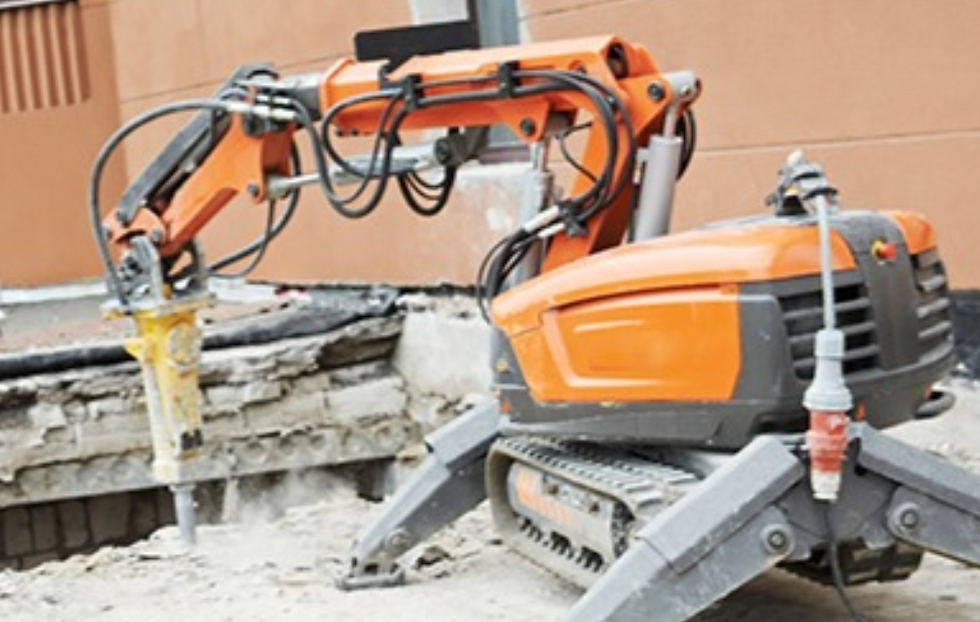
AI systems are also complex and require specialized expertise to build and operate. It's important to ensure that your team has the necessary skills and resources to implement and maintain an AI system effectively.
As with any technology, there are also ethical and privacy considerations to be aware of when deploying AI. These include concerns around data security, potential biases in decision-making, and the need for transparency and accountability.

Lastly, building and deploying AI systems can be expensive, especially for smaller companies that may not have the budget for large-scale investments in technology. It's important to carefully consider the potential costs and benefits of AI deployment before committing to a project.
Final Thoughts
There's no doubt that AI has the potential to revolutionize the construction industry, improving safety, optimizing project timelines, and enhancing worker productivity. However, it is important for construction firms to be aware of the potential pitfalls of deploying AI, including bias in algorithms and the fear of job displacement.
By carefully evaluating the data being used to train AI algorithms and viewing AI as a tool to enhance, rather than replace, human workers, construction firms can realize the full benefits of this exciting technology.



